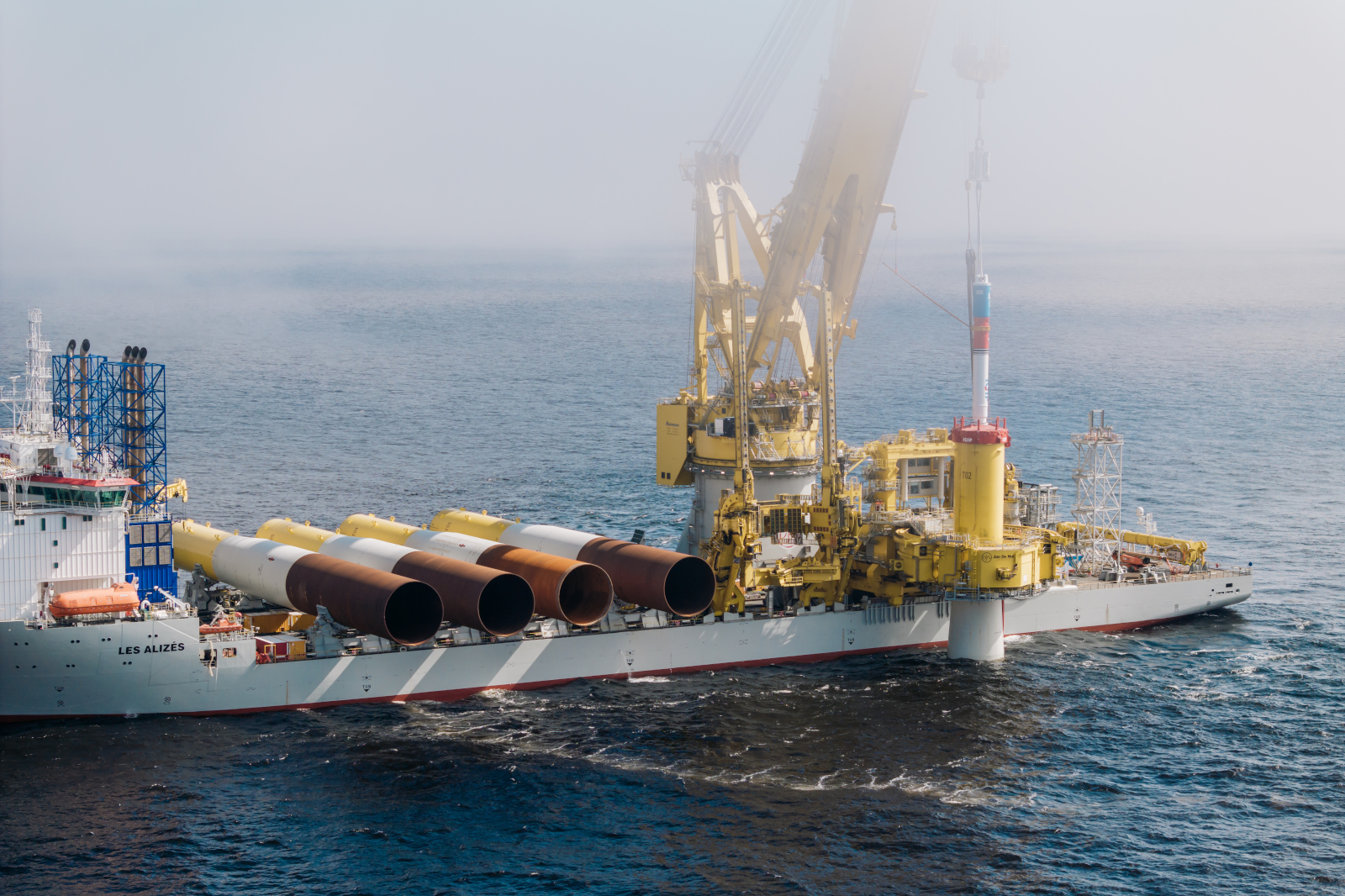Swedish Climate Policy Council presented the latest edition of its annual report assessing the effectiveness of the government’s climate change efforts to the Minister for Climate and the Environment, Annika Strandhäll. According to experts, there is a need for better coordination of the activities of state bodies and greater efficiency in permitting procedures.
According to the Swedish Climate Policy Council, as an independent and interdisciplinary body, is to assess the government’s overall policy, including the basis and methods on which it is based. In June 2017, the Riksdag (The Swedish Parliament) adopted a climate policy framework for Sweden. This framework includes climate targets, the climate act, and the Swedish Climate Policy Council. The climate targets were set in June 2017, when the Riksdag passed the government bill “A Swedish Climate Policy Framework” (Prop. 2016/17:146), and in turn the climate act came into force on 1 January 2018.
In its 2021 report, the Swedish Climate Policy Council noted that climate transition in Sweden has reached a new level of maturity. In a growing number of applications, energy from RES costs less than energy from fossil fuels. Business and the industry see increasing opportunities for green competitiveness, there is broad public support for the transition, and there is a stronger institutional climate framework at the national, European, and global levels. Increased business and industry activity is evident, especially in northern Sweden, which has some of Europe’s largest industrial investments in cleaner energy sources and industrial processes.
The past year has reinforced this picture in many ways. The Council, in its 2022 report, was critical of Sweden’s current policies, which are insufficient to meet Sweden’s climate goals, and recommends better coordination between authorities and faster and more efficient permitting procedures. The Council emphasizes the need to create a better environment for investments that contribute to climate goals.
However, there are also obvious challenges. War in Europe, geopolitical uncertainty, weakening of democracy, and international cooperation can hinder global cooperation, necessary policy decisions, and key investments. Large swings in energy prices put pressure on both businesses and individuals, threatening to undermine support for the climate transition. The parliamentary situation in Sweden makes long-term decisions and collective responsibility difficult.
The expansion of activities related to plans to accelerate the expansion of the transmission grid for offshore wind energy and Swedish Energy Agency’s development of a comprehensive strategy for, among other things, hydrogen.
The report was welcomed by the co-founders, among others, Swedish offshore wind developer, Svea Vind Offshore.
– We are in the midst of a climate crisis in which both households and the industry need more renewable and affordable electricity. We are prepared to provide those, but the permitting process is too slow – comments Maria Brolin, co-founder of the company.
Five recommendations for the Swedish government
Based on the analysis in this year’s and previous reports, the Board of Climate Policy made five broad recommendations for the direction and content of the next climate action plan. They are designed as five priorities.
First, there should be improved management of government agencies and institutions, and coordination between different policy areas and decision-making levels. Second, it is important to strengthen the target direction and instruments in key areas. The government should create a better environment for investments that will contribute to achieving climate goals. Fourth, it is necessary to implement a broad spread of knowledge and skills in climate change and energy transition sectors. Fifth, the Swedish government and authorities must have sufficient capacity to actively influence and implement decisions in the EU. It is about coordinating national policies with new EU objectives and instruments, and implementing all new EU directives into Swedish legislation in a timely and appropriate manner.
Source: Svea Vind Offshore, Swedish Climate Policy Council














